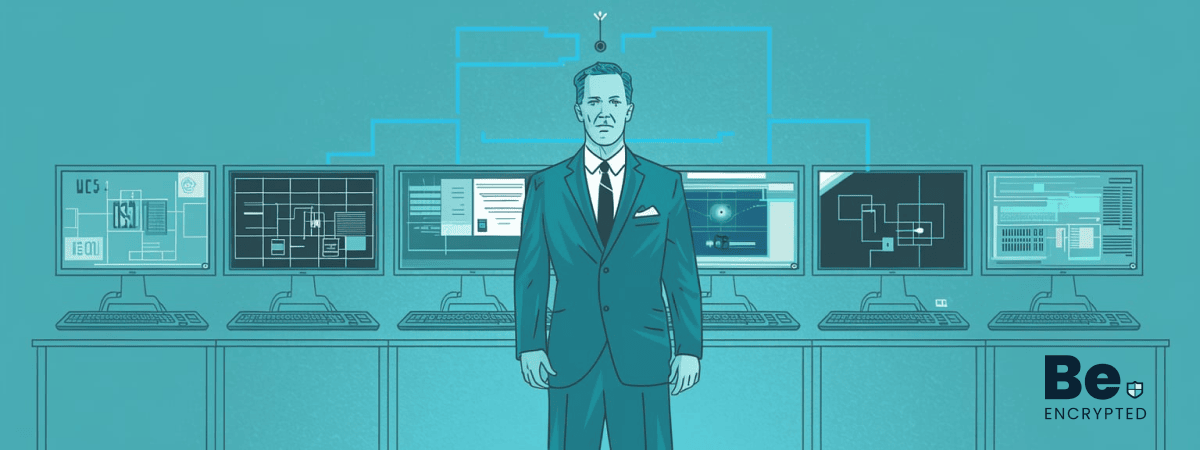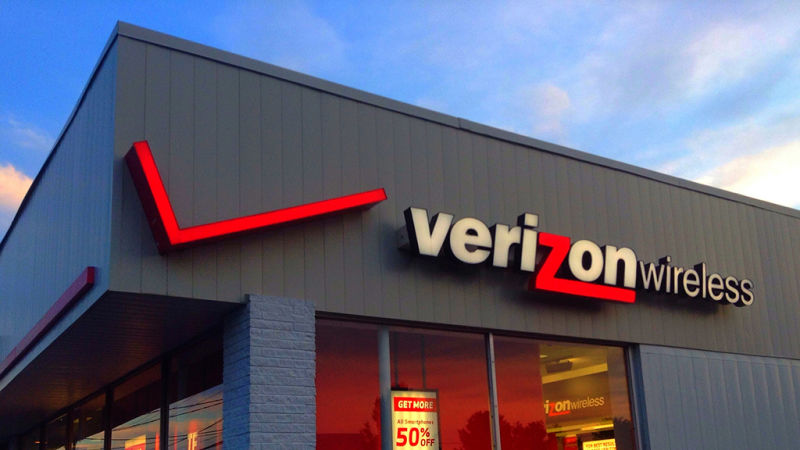Yesterday, the users of the Verizon Wireless network noticed that Netflix videos stream at a considerably low speed. The Verizon users have reported to Reddit that they claimed a slow downloading speed of not more than 10Mbps while being connected to Netflix.
However, Verizon in a statement given to Ars Technica has admitted the traffic capping but has also claimed it was an issue caused due to temporary video optimization test.
A Verizon Wireless spokesperson said that network testing had been done over the past few days to optimize the network’s video applications. This testing should be finished shortly and the user’s streaming experience was not affected due to it.
Yet, this stance by the company is considered an irresponsive behavior towards their customer service. A completely different situation was reported by the users, which wasn’t optimization but a clear speed capping. Yet, it is clear from Netflix’s speed-test tool, which was showing measurable low-speed rates as compared to the non-Netflix tests.
However, it’s depicted that the other streaming services on Verizon wireless network could also have similar caps as Netflix is the only service to provide speed-test tools for measurements.
Yet, a Verizon representative called such analysis senseless and “dead wrong.”
He said, “We are constantly testing the network,” the representative said. “It’s what we do to optimize performance for our customers. The test was across the board and did not target any individual applications.”
With this, the spokesperson confirmed to The Verge that the speed caps of 10Mbps were applied for some of the users. According to him, video at 1080p is of HD quality and it looks great at 10 Mbps. Therefore, the customer experience shouldn’t be affected due to the conducted test.
Capped video applications enforced without pre-notice to the customers have such clarification that seems consistent. Regardless of the fact that many users could not figure out the speed limits but it still could not be considered an optimization. Verizon’s claim of it being a sign of simple optimization is pointing out the speed throttling issue the net neutrality advocates have been warning about.
Notably, it’s not something regarding Verizon and Netflix’s battle. According to New York Times report, Netflix, in 2014, had shown a pop-up to some of the users blaming Verizon as a cause for slow speed.
Oh snap, netflix. pic.twitter.com/wMfavoHOyj
— Yuri Victor ♥︎ (@yurivictor) June 4, 2014
However, it’s important to remember that the Title II authority is still in rule despite the fact that FCC is forcing hard to revert it. Therefore, Verizon Wireless is still a “common carrier” and is liable to treat all traffic equally.
Share this article
About the Author
Rebecca James is an IT consultant with forward thinking approach toward developing IT infrastructures of SMEs. She writes to engage with individuals and raise awareness of digital security, privacy, and better IT infrastructure.
More from Rebecca JamesRelated Posts

Passengers’ Data Stored on User Devices, not on DigiYatra Storage, says India Govt
KEY TAKEAWAYS Unblocking streaming content from Amazon Prime is easy only if you know the reliable V...

NCSC Chief: Clear Rules Needed to Prevent Cyberspace Conflict and Struggle
A safe and secure digital world necessitates a clear definition and enforcement of international cyb...

‘Revive’ has been upgraded to a banking Trojan on Android
This month, Cleafy’s security researchers discovered a new Android Banking Trojan in the wild....

Asian Industrial Control Systems Targeted by Hackers Using the Shadowpad Backdoor
Unpatched Microsoft Exchange servers in various Asian countries were the target of an attack campaig...
Data Breaches Could Occur Due to Kubernetes Misconfigurations That Were Leaked.
Over 900,000 Kubernetes (K8s) have been discovered to be vulnerable to malicious scans and/or data-e...

Attacks by Cybercriminals Will Become the Main Threat in 2024. Privacy Issues Tendencies
Internet Privacy is the main Concern today Advertisers track your online activities and interf...


